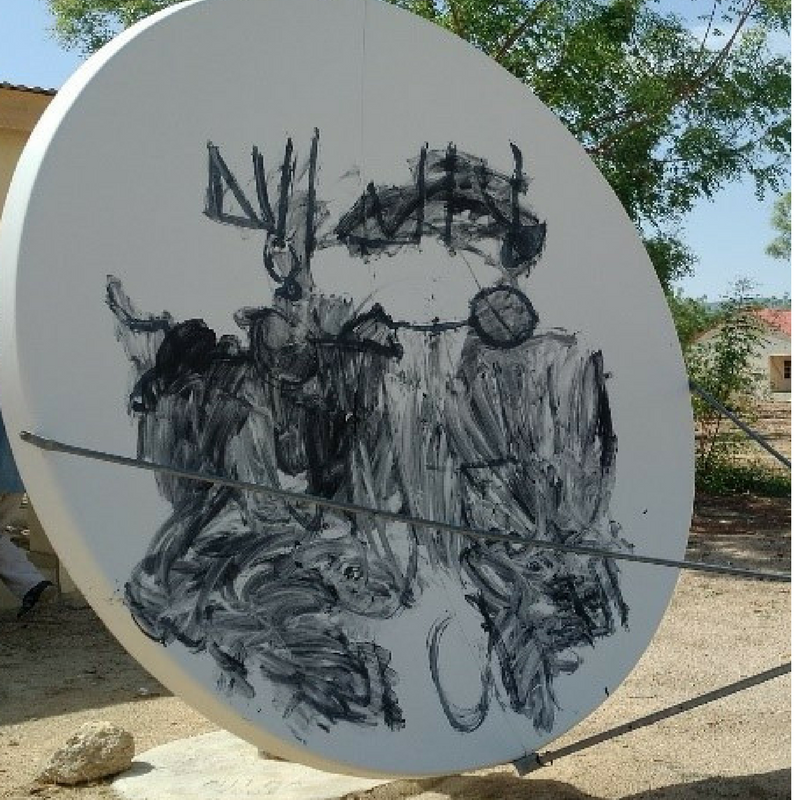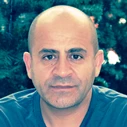
Her tears remain vivid in my mind. She was one of so many young Nigerian kids that we met while on mission in North East Nigeria. They and the rest of their communities were desperate for hope and livelihood. I was part of a World Bank inter-disciplinary crisis response/stabilization and operational support team that recently visited the region, which remains the home base for the Boko Haram insurgency.
We started the field visits in Borno State, where, despite the insurgents’ defeats over the past two years and recovery of main urban centers by the army, the countryside remains in their control. The massive displacement of the population continues to cause serious humanitarian and development concerns. Along with Yobe and Adamawa, Borno state is one of three states in the northeast, where our $700 million portfolio is focused. While our field visits covered the most troubled state of Borno, it provided us with a sense of the magnitude of destruction, needs and despair.
Our field visits to high-threat areas started with a half-day trip to Gowza. We flew for an hour and a half by helicopter from Maiduguri, the capital city of Borno State, to the town of Gwoza. Throughout the trip, we had heavy army and local police escorts.
From the helicopter, we could see all-but-deserted roads and the burned roofs of homes. I could see camps where internally displaced people (IDPs) live, spanning the road from Maiduguri to Gwoza, surrounded by fertile land

Photo by Nabil Shaiban/World Bank
that has been abandoned for more than two years. People who wanted to return to their farms, told us that the army won’t allow them to go back, and if they do, they would only farm within a small perimeter of 3-5 kms.
Remnants of the battles between Boko Haram and the Nigerian army in 2016 till today can still be seen in the widespread IDP camps and the visible burned homes and destruction of public buildings. Burned vehicles still laying on the side of the only and main paved streets of the town, a testament of the terrible conflict and destruction. Boko Haram graffiti, while over-painted by the Nigerian army, remains visible on burned government buildings and school walls across the town.
You can see despair on the faces of people sitting idle on both sides of the main street. Economic activity is dead. Very few civil works can be seen by the government. The needs for rebuilding destroyed homes, schools and health facilities are huge.
The same is true in the town of Mafa, an hour-drive away from the capital city of Maiduguri, where the only sign of life along the way is army check points and heavy military barracks and camps. Mafa, was and still is, seen, as the main stronghold of the Boko Haram insurgents. Locals told us that insurgents still hide in the bushes behind the mountains and tend to mount frequent surprise suicide attacks targeting crowded markets or mosques, and even hire children as young as 12 to carry out such attacks.
A few hours from our return from Mafa, Boko Haram attacked population concentration centers on the same road we took. Three suicide attacks were reported that very same day.
Under such dire circumstances, it may seem impossible to make a difference in the lives of the people. But the Bank has been active in supporting Nigeria, and with sound security operating procedures, a high-level risk tolerance and closer partnerships with humanitarian and development actors, we can still deliver.
This is why we have strengthened our efforts on humanitarian- development-peace collaboration in North East Nigeria. With support from the State and Peacebuilding Fund (SPF), we will develop a modus operandi, to operate as safely as possible in insecure settings to tackle this complex, multidimensional, subnational crisis.
During my mission, I thought of a few ideas. For example, a block grant of $5 million can transform the lives of people in such desperate need of human dignity. Early stabilization entry points would include a small scale public works, and a cash-for-work program, which can go a long way in the rebuilding of a few schools, a health facility, a few road repairs, etc. It will mean so much to the desperate local population and the youth who are most in need for jobs, otherwise risk being radicalized by Boko Haram.
I was reminded of my quick exchange with the beautiful young kids that were sitting outside the administrative building in Gwoza, wondering what we were doing. They did look happy to see us there. Maybe, a sign of hope for them. It is there that one of the girls I spoke to stood out.
“Do you go to school?” I asked her.
“Our school has been destroyed,” she said, with tears in her eyes. “We cannot find food on the table either. Are you here to help us? Can you please come back and help?”
Those tears on her beautiful, innocent face remain so vivid in my mind. I wish it was that easy and simple to do, I kept telling myself. I just wish we could do more now to help her and so many other girls and boys in the active conflict regions of North East Nigeria retain some dignity and a sense of hope and livelihood.
I came back with greater resolve to do my part, so that the Nigerian girl and her generation can get the help they deserve.


Join the Conversation